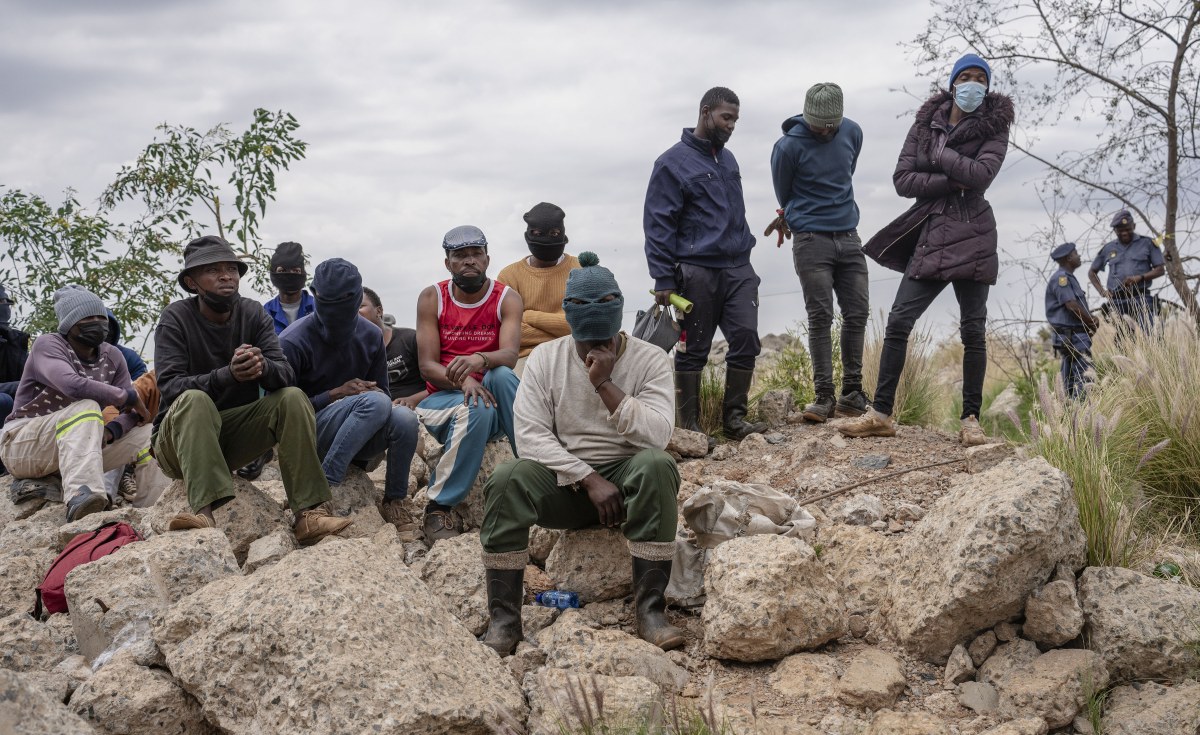The World Health Organization(WHO) has successfully established an operational medical supply chain to serve the most vulnerable and disadvantaged populations in Somalia. Despite the country’s extreme drought and food insecurity, WHO has airlifted, transported, and stocked over 1,400 tonnes of medical commodities worth around US$5 million to provide essential health and nutrition care. Basic health care and patient consultations have been provided to approximately 3.6 million people in marginalized communities, while 3.5 million children under the age of five have been protected from diseases such as polio, measles, cholera, and malnutrition.
To keep medical stocks on hand for emergencies, WHO has maintained contingent stocks in three strategically located warehouses. They are Mogadishu (2553 cubic meters), Hargeisa (1540 cubic meters), and Garowe (536 cubic meters). WHO is also in the process of opening three additional warehouses in the cities of Dollow, Kismaiyo, and Baidoa to better serve the states of Jubaland and South West, which are most affected by drought, cholera outbreaks, and internally displaced persons (IDPs). The establishment of a strong supply chain system will be pivotal for sustainable and equitable recovery of the health system, and a functioning supply chain system will contribute to building resilience for achieving universal health coverage.
WHO uses the seaports of both Somalia and neighboring countries to import the majority of the required medical supplies due to security reasons and other operational challenges. Program staff consult with Health Cluster partners and the Federal and State ministries of health to procure medical supplies, and a distribution plan is developed to reach the health facilities at the state, regional, and district levels to ensure procurement accountability and to reach target beneficiaries. A transparent and layered procurement system then seeks the best and most suitable supplies from across the global suppliers within established timelines.
Medical supplies procured and delivered by WHO include kits for testing inter-emergency health, trauma care, malaria, tuberculosis, HIV-AIDs, cholera, and measles, as well as medicines for the treatment of all these diseases. Other supplies include personal protective equipment (PPEs), long-lasting insecticidal nets to control malaria, oxygen concentrators, solar panels, electricity generators, and ambulances.
“When medical supplies arrive in the WHO main warehouse in Mogadishu, they are either distributed directly to the districts from Mogadishu as per the agreed distribution plan or sent to the designated states for storage and dissemination to the health facilities. Currently, the warehouse in Garowe is serving Puntland State while Hargeisa is serving Somaliland and the rest of the states are served directly from the main WHO warehouse in Mogadishu,” said Harrison Kiambuthi, Operations Support, and Logistics Officer for WHO Somalia. “In the process of doing our work,” he added, “we are also building local capacities.”










